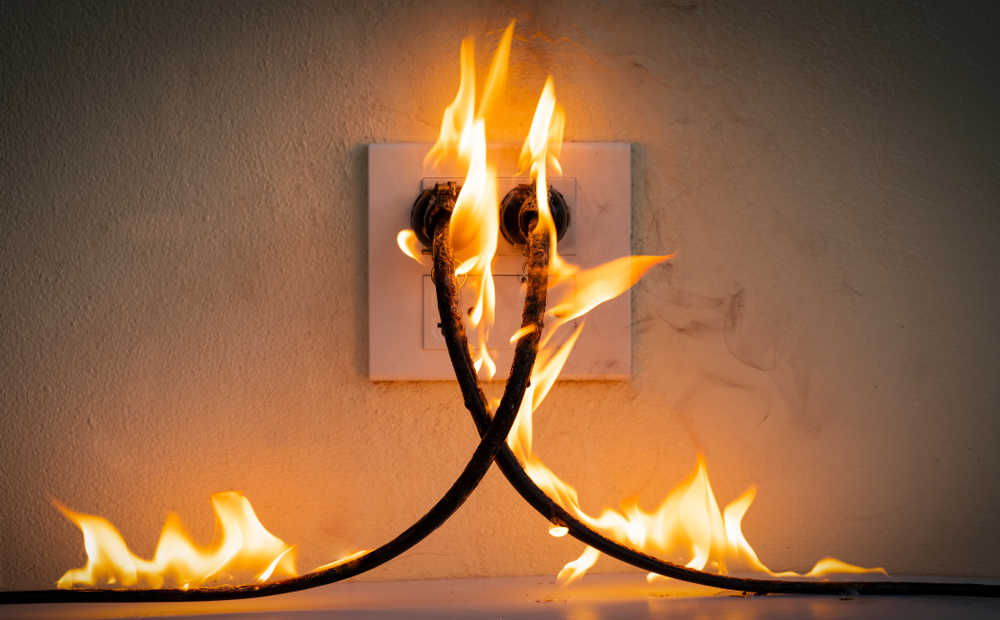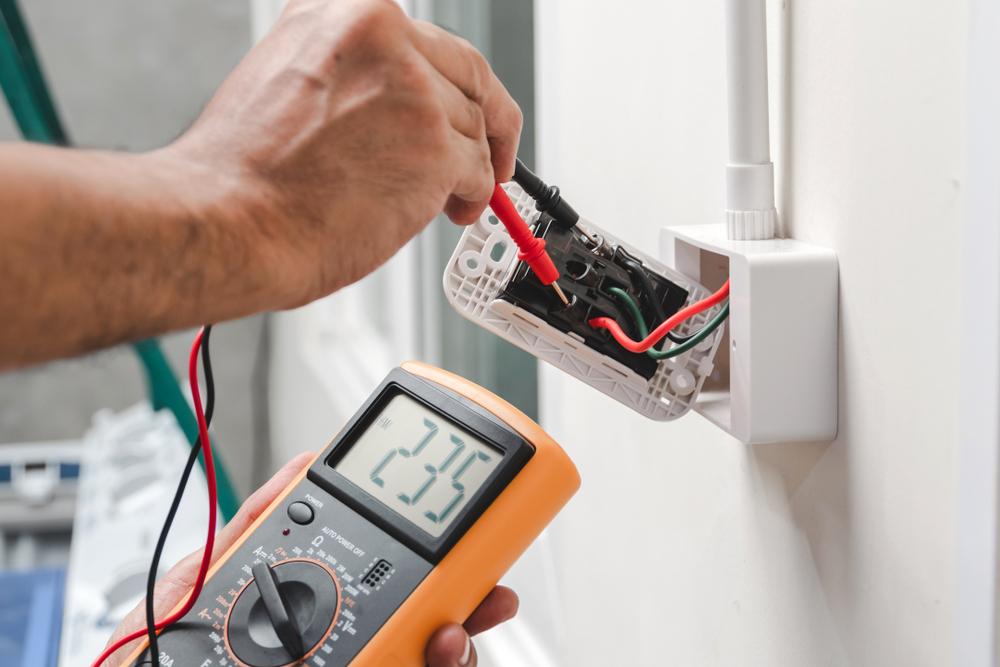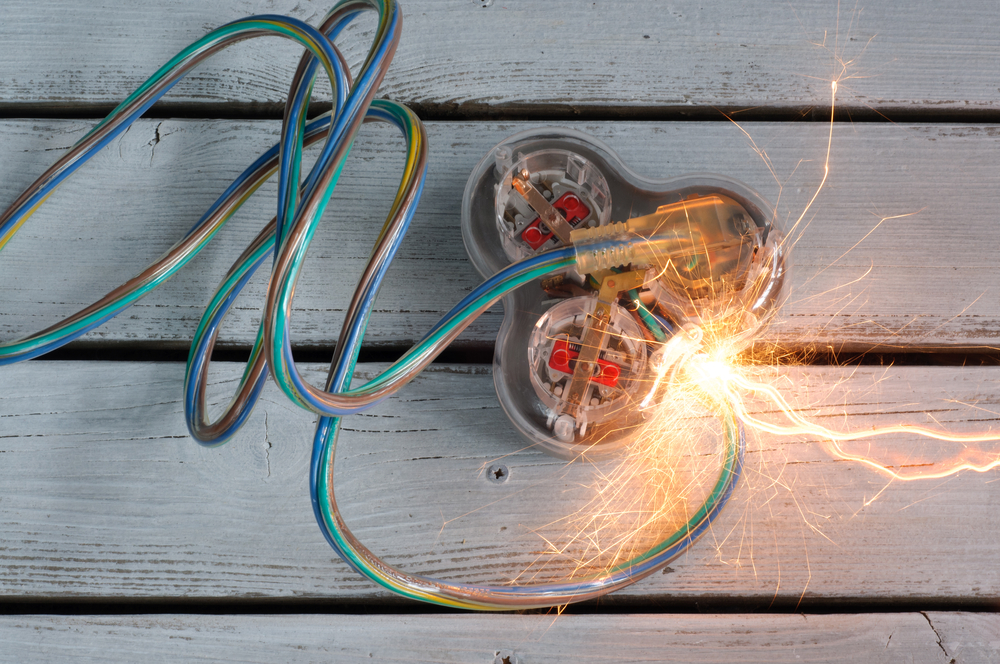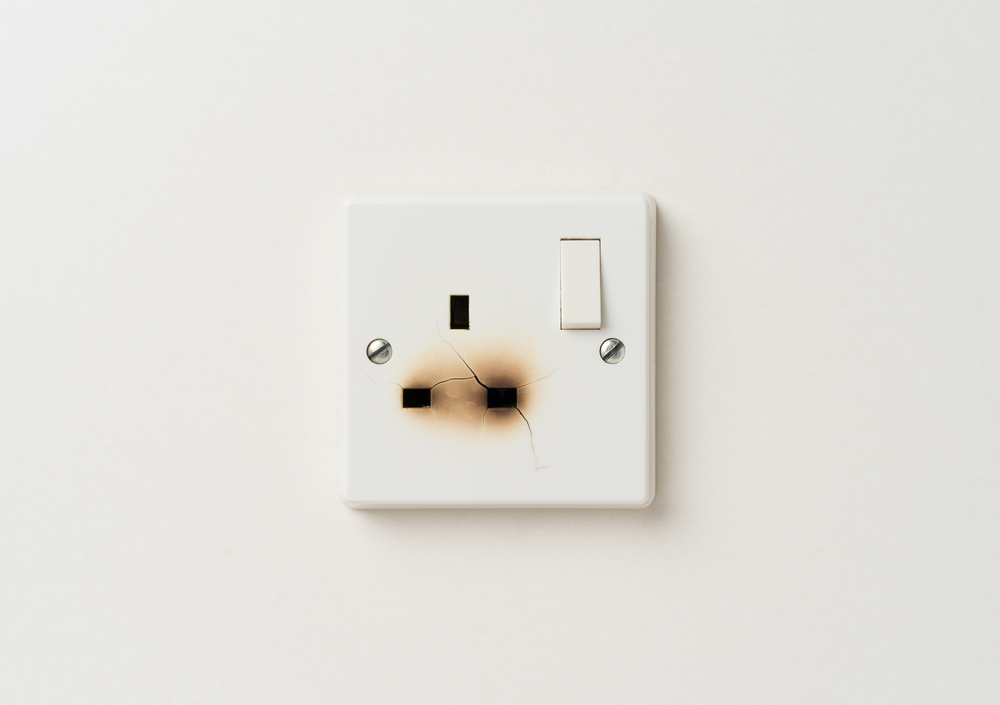The Hazards of Ignoring Electrical Fire Signs
Disregarding the signs of an electrical fire can result in significant property damage, injuries, and even deaths, given that electrical fires can intensify quickly. Overlooking signs of an electrical fire, such as burning odours or faulty electrical connections, can lead to a significant fire that rapidly spirals out of control. It’s estimated that electrical faults account for approximately 13% of residential fires.
Common injuries and fatalities linked to electrical fires encompass:
- Electric shock
- Electrical burns
- Loss of muscle control
- Thermal burns
These hazards can lead to severe consequences and even death. It’s essential to be aware of electrical fire risks and take the necessary precautions.
Proactive Measures to Prevent Electrical Fires

A proactive approach is required to prevent electrical fires. Regular preventative actions, such as routine electrical system inspections, updating obsolete wiring, and ensuring suitable load distribution, can help minimize the risk of an electrical fire in your home. Carrying out annual electrical safety inspections can help spot any potential problems with the electrical system and stop them from turning into fire hazards.
Other essential steps in preventing electrical fires include replacing worn-out wiring and ensuring your electrical system can manage the electrical load of contemporary appliances. A skilled electrician can assist you in assessing your home’s electrical system and advising on the necessary updates and maintenance to protect your home from electrical fires.
Routine Electrical System Inspections
Periodic electrical inspections by certified professionals can assist in identifying and tackling potential fire hazards before they worsen. A typical routine inspection of the electrical system usually encompasses:
- Checking the electrical meter
- Evaluating circuit breaker capacity
- Inspecting electrical wires for any damage or fraying
- Verifying that GFCI outlets function properly
An annual inspection of electrical services is advised to guarantee the safety of your home’s electrical system.
Typical problems identified during a routine inspection of the electrical system include:
- Incorrect wiring diagrams
- Breaker issues
- Visible damage to electrical components
- Overloading of circuits
- Worn-out wiring
- Loose connection
- Faulty electrical wiring
- Damaged cords or cables
- Malfunctioning electrical equipment
Dealing with these issues promptly can prevent potential electrical fires and ensure your home’s safety.

Updating Outdated Wiring
In older homes, replacing outdated wiring is necessary to prevent electrical fires caused by overloaded circuits and excessive current load from modern appliances. Obsolete wiring, such as rubber cables, old electrical wiring, and loose wires, can pose a considerable risk of electric shocks and fires. Experts recommend rewiring your home every 25 to 30 years or if your electrical unit is over 25 to 30.
Signs of outdated wiring in homes include:
- Knob-and-tube wiring
- Discolored and jarred outlets
- Usage of old cable types
- Ineffective outlets
Updating your home’s wiring can lessen the risk of electrical fires and build a safer living environment for you and your family. If you need help replacing your circuit breaker in your Sydney home, contact our team at Mr Sparky.
Ensuring Proper Load Distribution
By avoiding overloading outlets and circuits to ensure proper load distribution, you can help prevent electrical fires caused by excessive current and overheating. An overloaded electrical circuit may heat the wires, melt the wire insulation, and ignite nearby materials like wood, insulation, or other combustible materials, creating a fire hazard.
Signs of an overloaded electrical circuit include:
- Tripping of the circuit breaker
- Flickering lights
- Unusual noises
- Burning smells from outlets or switches
- Dimming lights
- Buzzing outlets or switches
- Warm outlet or switch covers
- Discolored outlets
By heeding these warning signs and ensuring adequate load distribution, you can prevent electrical fires and secure your home’s safety.
Summary
In summary, detecting the distinct odour of an electrical fire and recognizing other warning signs, such as persistent burning smells and discoloured outlets, are crucial in preventing electrical fires. Taking immediate action when suspecting an electrical fire, implementing proactive measures like routine inspections, updating wiring, and ensuring proper load distribution can save your home and your life. Don’t take chances with electrical fires – stay vigilant and protect yourself and your loved ones.
When facing any electrical issues, it’s essential to consult a registered electrician. If you need an electrician in Sydney, consider contacting a trusted service like Mr Sparky, known for its professional and reliable service. We offer a fault-finding service in Sydney that is perfect for finding fault outlets, circuit breaker tripping issues and ground faults.
Frequently Asked Questions
Is there a smell before an electrical fire?
An electrical fire can have an acrid smell of burning plastic as the wiring insulation and connectors melt. Experts say you are lucky if you smell something electrical burning, as most warning signs of electrical fires are odourless and invisible.
What are the signs of an electrical fire?
Signs of an electrical fire include burning odours, increased wall temperature, flickering or dimming lights, buzzing sounds, discolouration of outlets and wall plates, sparks or smoke from outlets, and warm spots on the wall.
What are the symptoms of electrical fire fumes?
Symptoms of electrical fire fumes may include flickering lights, burning smells, discoloured outlets or switches, sparking when plugging in outlets and tripping circuit breakers. Unusual burnt plastic smell and difficulty breathing can also indicate that an electrical fire is occurring.
What should I do if I suspect an electrical fire?
If you suspect an electrical fire, shut off power, call an electrician and contact the fire department right away.
How can I prevent electrical fires in my home?
Take proactive steps to prevent electrical fires, such as regular inspections, updating wiring, and proper load distribution.














